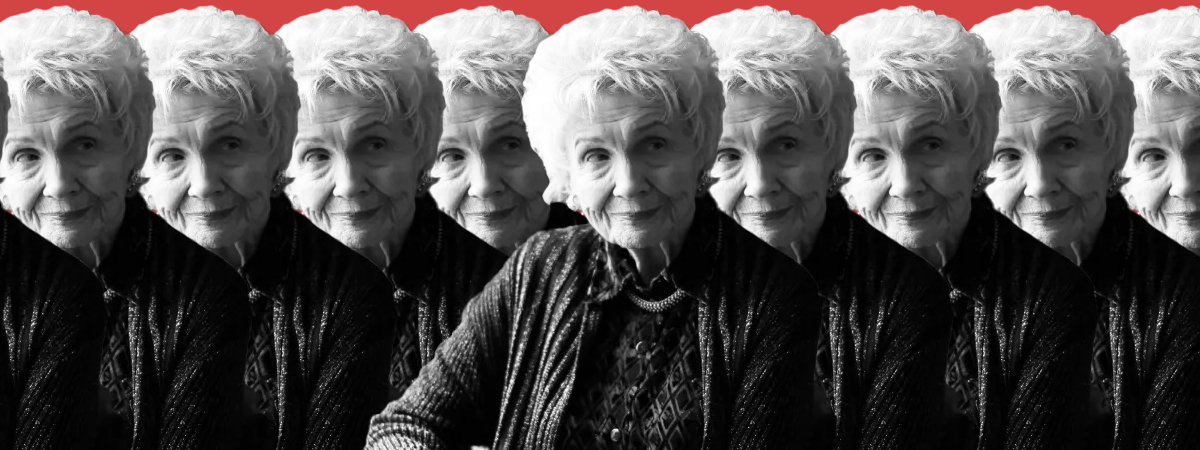
Remembering Alice Munro
1931-2024
Alice Munro, beloved Canadian author, Nobel Prize winner, and undisputed master of the short story, died on Monday at her home in Ontario, at the age of 92.
For many years, Munro has been almost universally celebrated for her short stories, which tend to be structurally inventive and psychologically astute, featuring the complex lives of characters rendered in precise prose. “With Alice it’s like a shorthand,” Richard Ford once said. “You’ll just mention her, and everybody just kind of generally nods that she’s just sort of as good as it gets.” Her first collection, Dance of the Happy Shades, was published in 1968; her last volume of new work, Dear Life, was published in 2012, and was (we thought, at least) one of the best collections of the decade.
In 2013, Munro was awarded the Nobel Prize in Literature, for her mastery of the contemporary short story and her ability to “accommodate the entire epic complexity of the novel in just a few short pages,” a determination that was met with joy and approval from the English-speaking literary world. “All you have to do nowadays is write a few half-decent stories and you are ‘our Chekhov,'” James Wood wrote at the time. “But Alice Munro really is our Chekhov—which is to say, the English language’s Chekhov.” She will be missed.
For more on Munro’s life and legacy, read on.
*
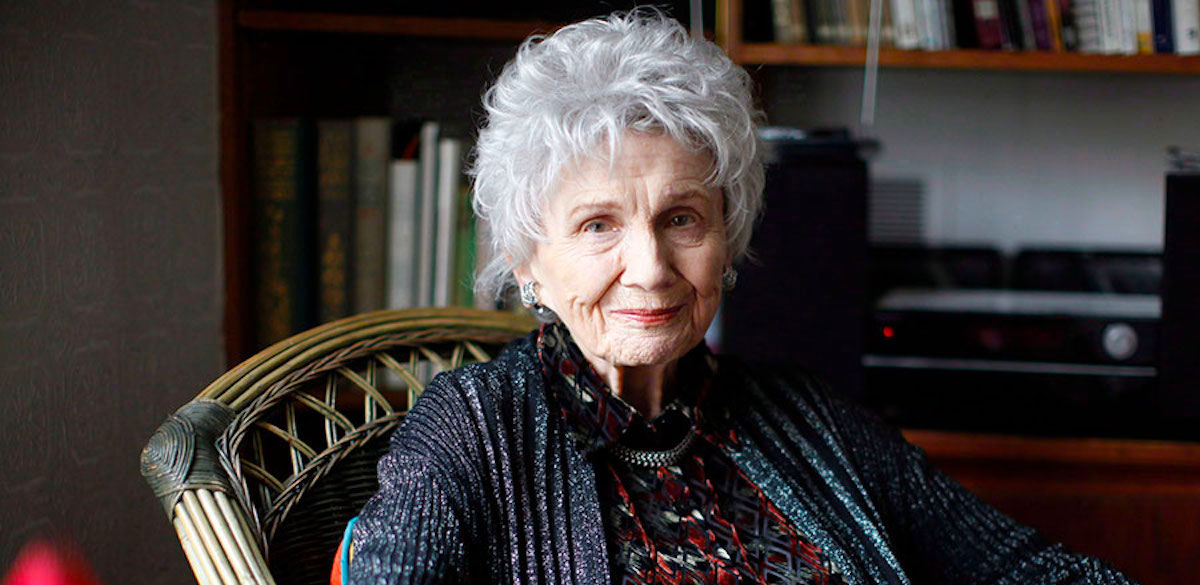
Endings That Change Everything: On Alice Munro’s Literary Innovations
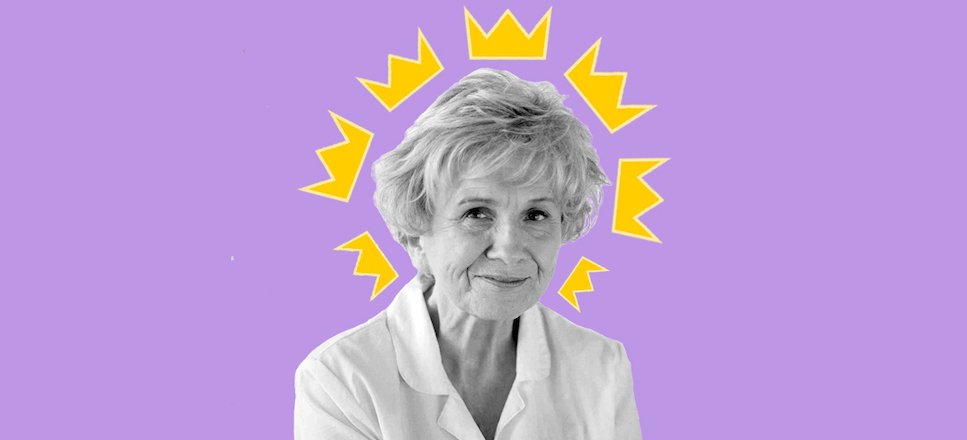
25 Alice Munro Stories You Can Read Online Right Now
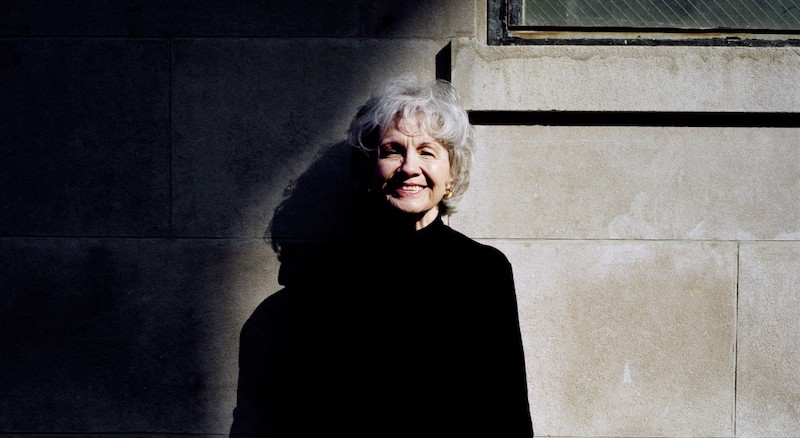
Is Alice Munro’s Lone Novel… Even a Novel?

Seeking a Connection to My Grandmother in Alice Munro’s Queer Characters
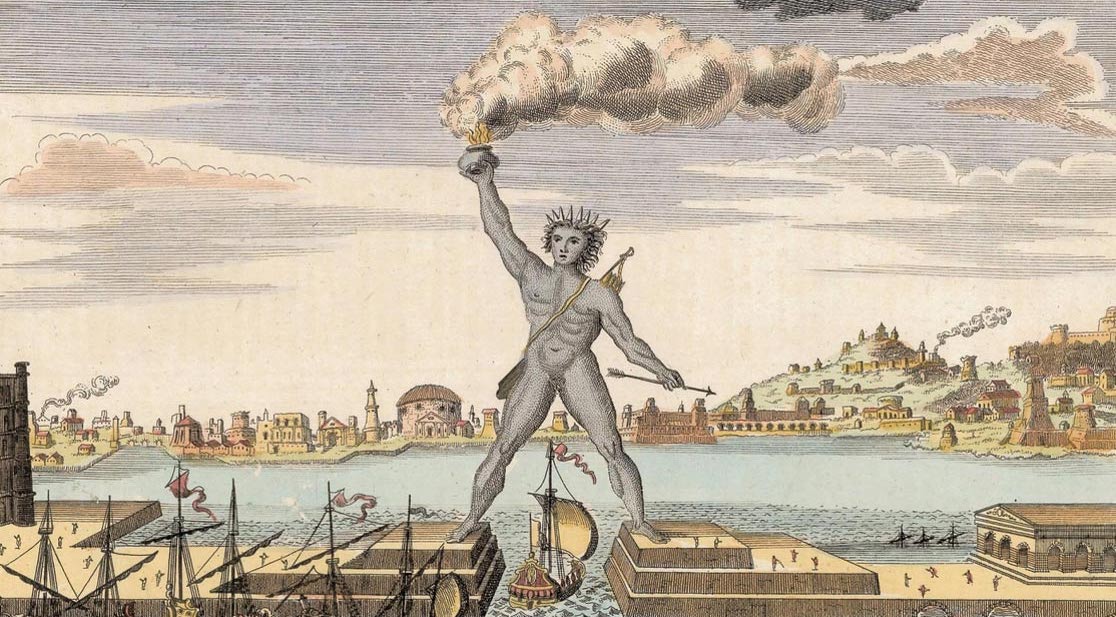
Alice Munro Helped Me Finish My Story (And I Didn’t Even Know It)

On the Vivid Landscapes of Alice Munro

Why I Had to Grow Up Before I Could Appreciate Alice Munro

Substance If Not Style: On the Radical Similarities of Alice Munro and Pedro Almodóvar
&
Pedro Almodóvar on Adapting Alice Munro for the Screen

Tessa Hadley on Alice Munro Reading “Differently”

How Mapping Alice Munro’s Stories Helped Me As a Writer

The time Norm Macdonald dunked on Bret Easton Ellis in defense of Alice Munro.

One great short story to read today: Alice Munro’s “Wenlock Edge”
Emily Temple
Emily Temple is the managing editor at Lit Hub. Her first novel, The Lightness, was published by William Morrow/HarperCollins in June 2020. You can buy it here.












